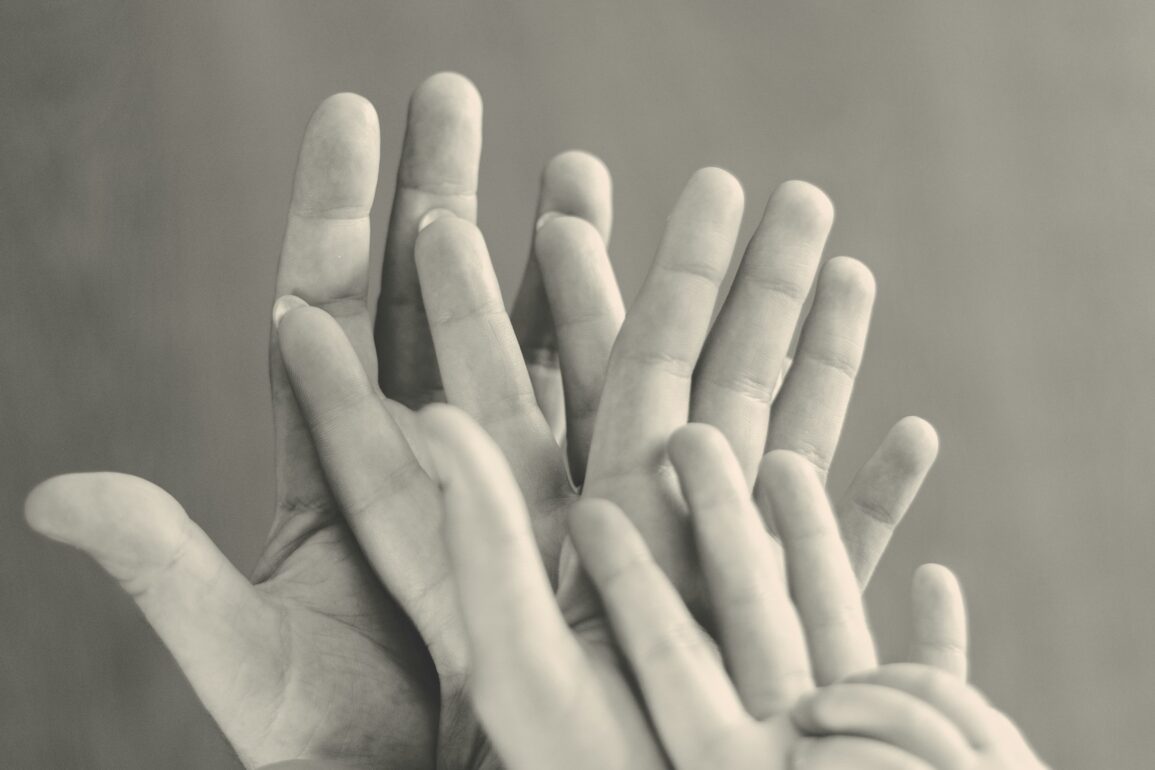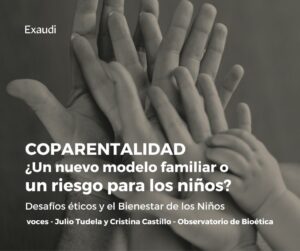The Spanish Bioethics Committee has warned in a report about the danger of co-parenting or co-parenting, whereby two people (or sometimes more than two) have a child without maintaining an emotional or sexual relationship.
The advisory body on ethical and social implications, attached to the Ministry of Health and renewed in 2023, has put the possible bioethical risks of this family practice on the rise in countries such as the United States, France, the United Kingdom, and Canada in the spotlight. , in which two people, who are not in a relationship, decide to have a child together.
In Spain, it is still very rare, but it is making its way through intermediary agencies such as Copaping, Modamily or Lullamate, which, charge for their services. In addition to connecting women and men who want to have children without being in a relationship, these companies supervise the co-parenting agreement. “In no case should the market logic in which intermediary agencies are embedded, according to which everything can be exchanged for a price, blur parental responsibility or turn the son or daughter into a consumer good,” picks up one of the points of the writing.
Children as objects
In this way, the thirteen members of the committee also warn about the need to prioritize the well-being and best interests of the minor, calling into question some of the practices associated with co-parenting.
One of the points focuses on the commercialization that can arise from it, especially when intermediary agencies are used, warning about the risk of turning children into “products” subject to contractual agreements, where the logic of the market takes precedence over well-being emotional and comprehensive development of the minor.
In this sense, the importance of avoiding the objectification of children is highlighted, who should not be seen as objects of desire or tools to meet parental expectations. The committee insists that “all co-parenting agreements must be based on the dignity of the minor, considering them as a being with their own rights and not as a means to satisfy adult desires.”
Likewise, experts emphasize the need to reinforce the responsibility of parents in agreements. It is recalled that the “best interest of the child” must be the guiding principle in any parent-child relationship, which is why adequate social and legal protection is required to guarantee the well-being of children born in this type of family.
In short, this organization urges a deep reflection on co-parenting, insisting on the need to regulate this practice in an ethical and responsible manner, always prioritizing the well-being and comprehensive development of children and respecting the fundamental rights of minors.
Our assessment
Analogously, to what happens in surrogacy, the child becomes a mere object of desire instead of an asset in itself that must be protected. The paternal and maternal presence in the family environment constitutes the natural setting for upbringing, which provides the richness and balance of difference and complementarity to the responsible education of children. Dispensing with it in a paternity or maternity design focused on the selfish interest of the parent who turns the child into an object of desire constitutes an attack on her dignity and an intolerable manipulation that does not benefit any of the parties.
As we have previously stated, there is no right to a child, which constitutes a gift for the one who receives it responsibly, seeking the best for its upbringing, respecting its dignity and rights.
Julio Tudela – Cristina Castillo – Bioethics Observatory – Life Sciences Institute – Catholic University of Valencia
CO-PARENTING
A new family model or
a watering for the children?
Ethical challenges and the well-being of children
Voices – Julio Tudela and Cristina Castillo – Bioethics Observatory











